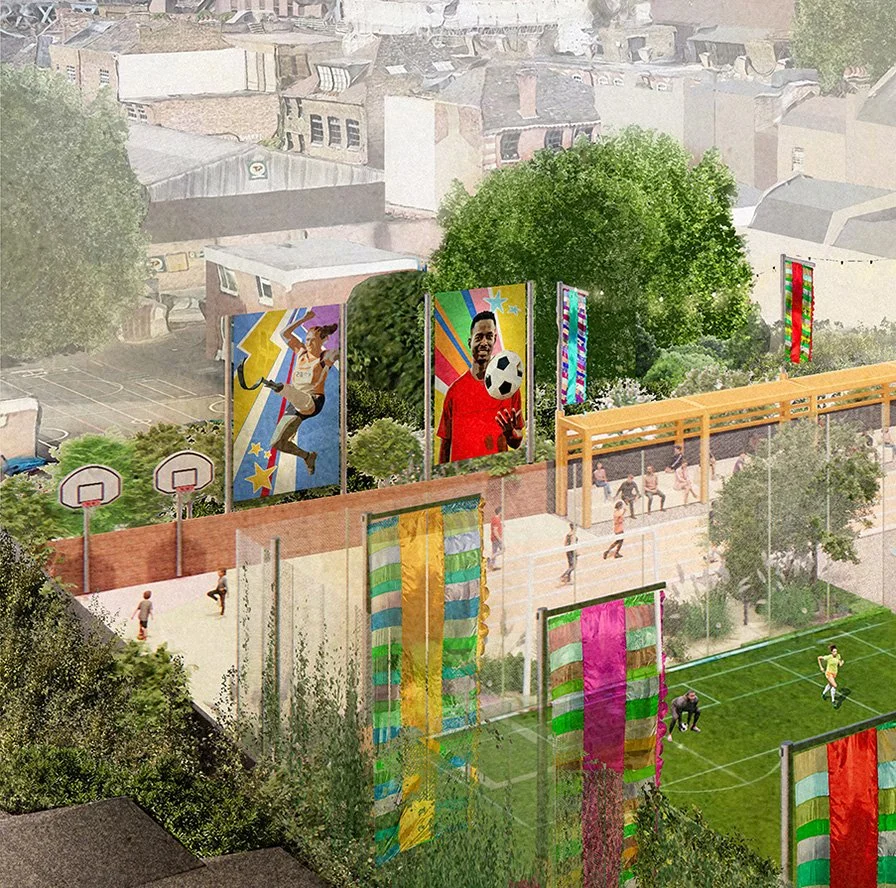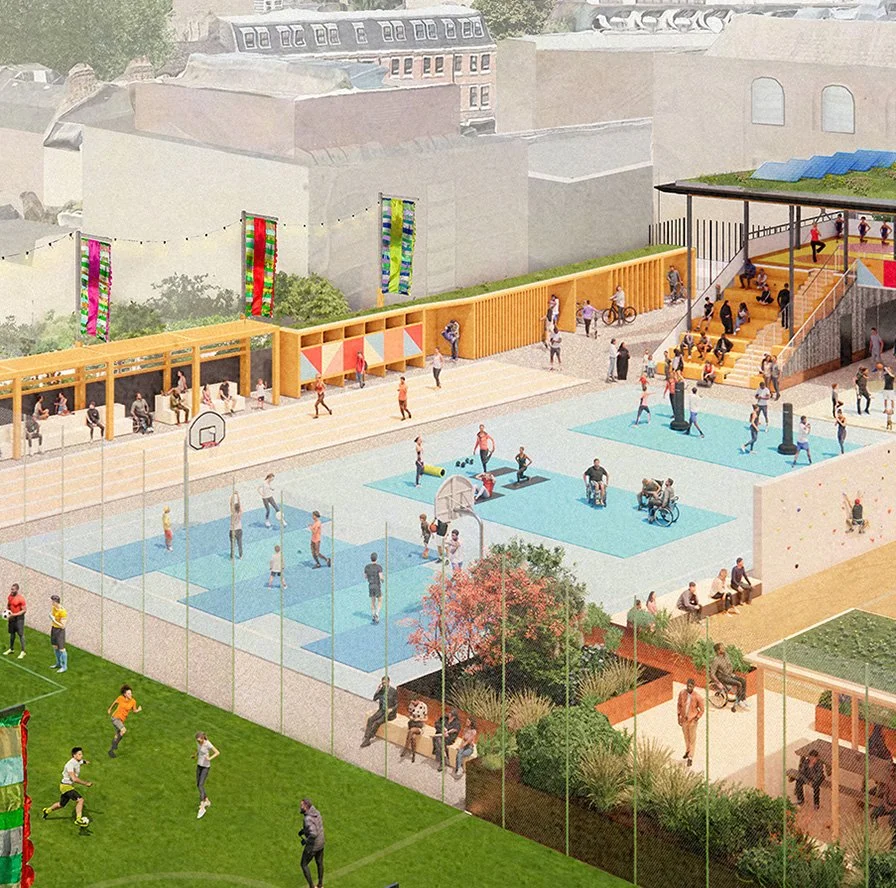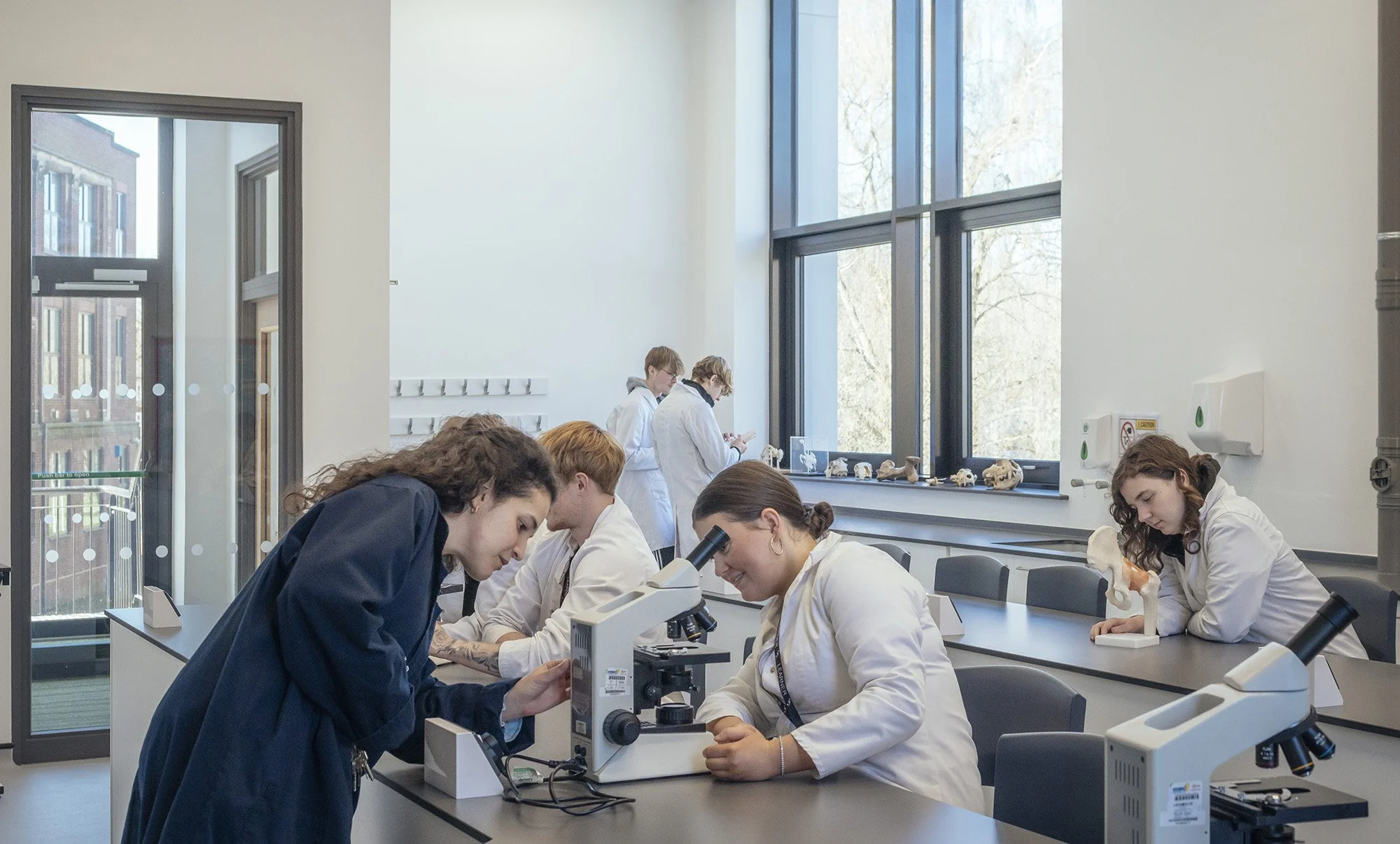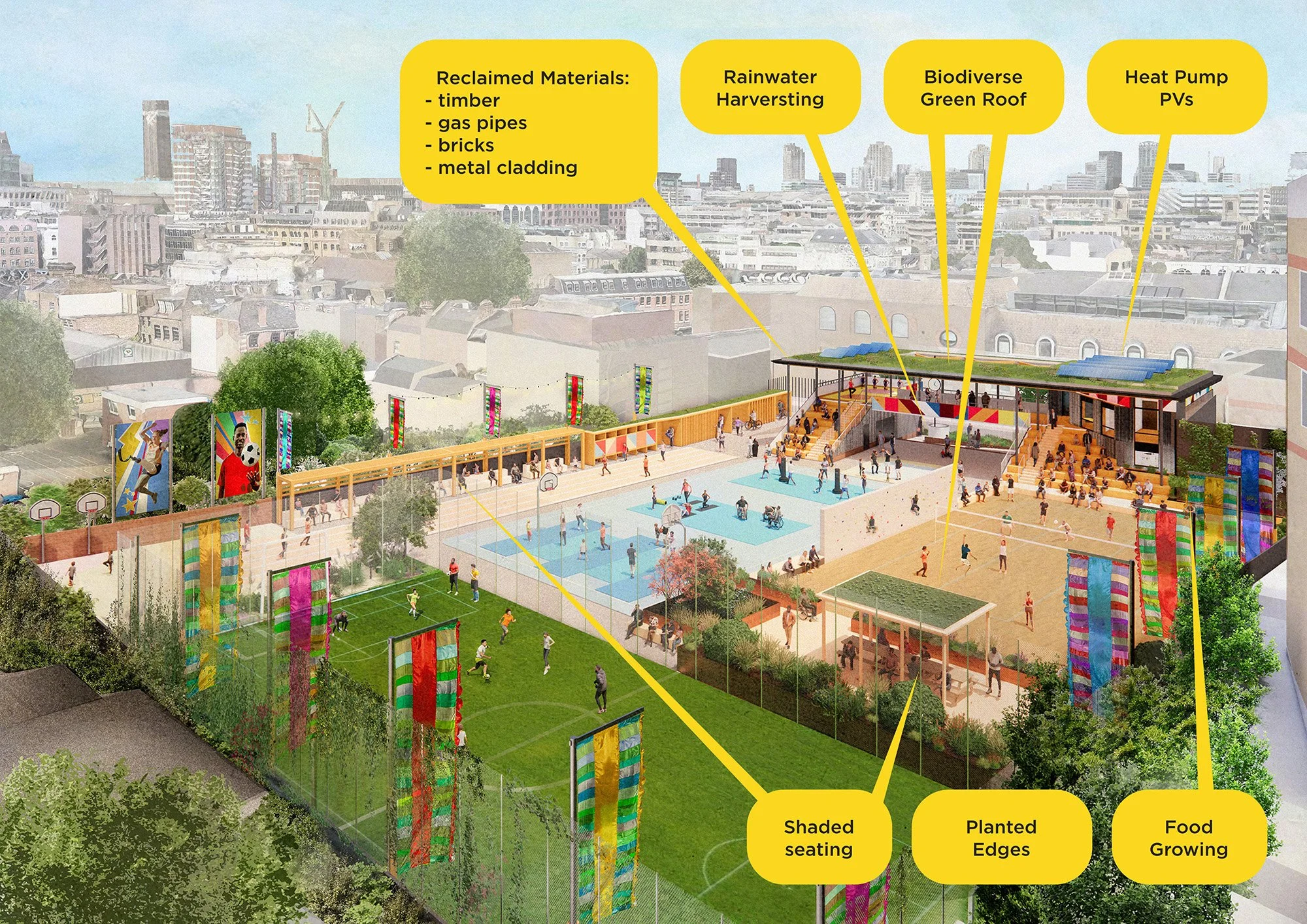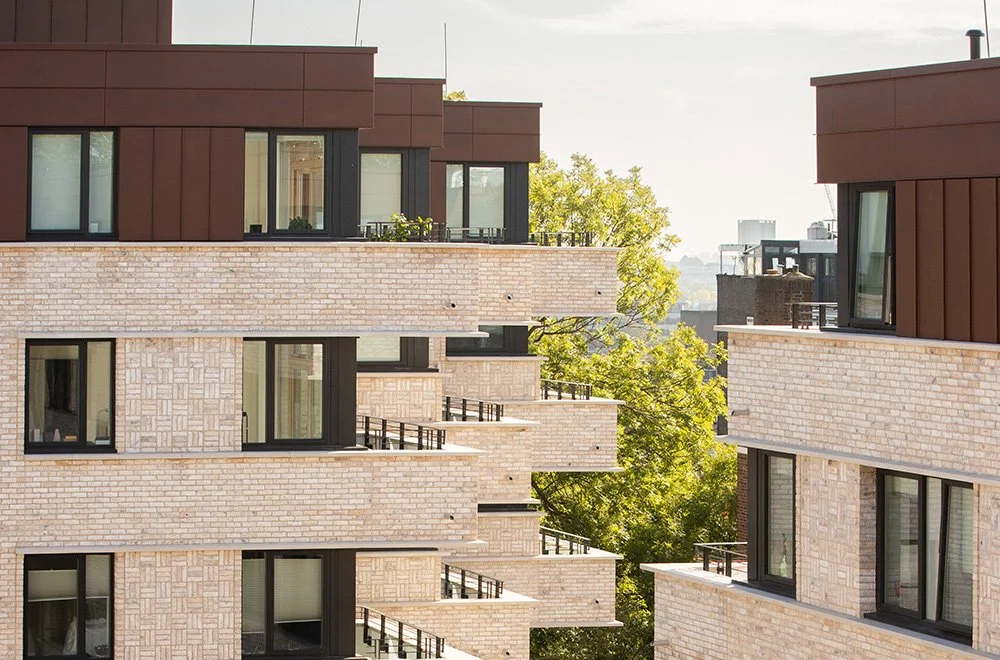Cullinan Studio named 'ones to watch' in Regenerative Architecture Index
We are delighted to be included in the Regenerative Architecture Index 2025, published by Architecture Today and Architects Declare. The Index benchmarks architectural practices’ progress in the move towards regenerative practice and projects.
Regenerative design embodies a holistic mindset, and considers the impact of current choices on future generations. It recognises the need for a built environment that is not merely reducing its negative impacts, but seeking to actively restore ecosystems, enhance biodiversity, and improve the wellbeing of communities.
The Index is based around three key principles of regenerative design; Being a Good Ancestor, Co-Evolving with Nature, and Creating a Just Space for People. These principles closely align with our values and ways of working, and we have been recognised as ‘Ones to Watch’ in all three categories under the following sub-sections:
1. Being a Good Ancestor
Does the practice have a clear succession plan, which passes on ownership and protects the values and legacy of those who built and contributed to it?
Founded by Ted Cullinan 60 years ago, our practice was established as a cooperative; a structure that places equality, transparency, and shared ownership at its core. Leadership of Cullinan Studio is distributed across generations, ensuring continuity through mentoring, collaboration, and shared responsibility. Our digital archive and CPD programme safeguard decades of ethical and radical sustainable design knowledge, while our tradition of “inheritance talks” supports ongoing learning and reflection.
Cullinan Manifesto written shortly Ted Cullinan set up the practice in the 1960s.
2. Co-Evolving with Nature
Does the practice use biophilia within the office or regularly host meetings and retreats in natural settings?
Our Design with Nature mission is central to everything we do. We regularly take our work into natural settings - from Visioning Days in community gardens, to team-building trips in the Scottish Highlands. Our London studio (filled with over 40 air-purifying plants) opens onto our self-planted canalside garden and the Regents Canal towpath, used for walking meetings.
Cullinan Studio Visioning Day in BOST’s Red Cross Garden, Southwark, London
3. Creating a Just Space for People
Do the majority of your projects promote equity in society and consider all people, not only the building inhabitants?
As a cooperative, ethical practice underpins all aspects of our work, from humane detailing that supports ease of construction and maintenance, to new forms of project delivery that foster fairness and trust. The Integrated Project Insurance (IPI) model exemplifies this approach, creating a no-blame, collaborative environment that benefits everyone involved - as demonstrated on the Black Country & Marches IoT and Animal Studies Centre projects for Dudley College of Technology.
We are advocates of the IPI form of procurement, as used on the award-winning retrofit of a mid-20th-century campus building to provide a new Animal Studies Centre for Dudley College of Technology.
We have designed the new Marlborough Sports Garden for BOST according to Circular Economy and Regenerative Design principles: collaborating with local users, preserving existing structures, using reclaimed and sustainable materials, incorporating nature and designing for long-term flexibility.
Being recognised in the Regenerative Architecture Index reinforces what we have always believed: that truly regenerative design is about people, nature, and legacy - not just buildings.
Maitland Park Estate Redevelopment is the first project for Camden to target the Homes Quality Mark (HQM) accreditation to ensure each home achieves a high standard of performance and is made of healthy, low-carbon materials to ensure occupant health.

